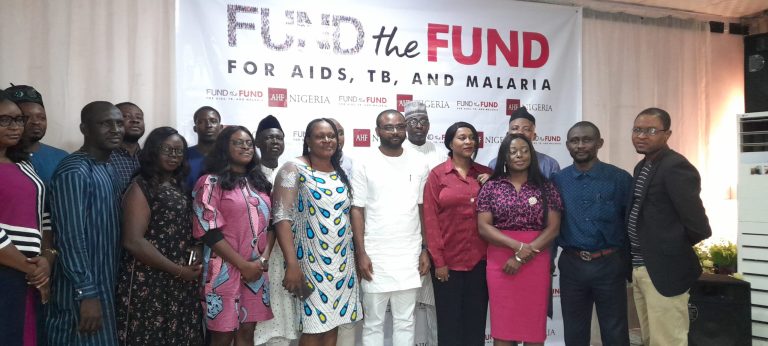Civil Society Organizations (CSOs) in Nigeria championing the HIV, Tuberculosis (TB) and Malaria response have called for effective use of resources made available for the activity.
The CSOs repeatedly made this call at a three-day 2023 CSO Accountability Forum (CSOAF), organized by the Peer Review Forum (PRF) in Abuja.
The 2023 edition of CSO Accountability Forum (CSOAF) started on Tuesday, Nov. 7 with pre-conference sessions and main conference sessions on Wednesday, Nov. 8 and Thursday, Nov. 9.
The CSOAF is a platform for the collective body of CSOs working on HIV-related issues in Nigeria to annually review the progress made with the HIV treatment, prevention, care and support response in Nigeria.
In Abuja on Thursday, Executive Director, New HIV Vaccine and Microbicide Advocacy Society (NAVMAS), , Florita Dureke said that the conference was apt.
Dureke said that for CSOs to be able to achieve their global targets of 95-95-95, it had become critical for them to priorities accountability and transparency.
NAN reports that the promise of ending the HIV epidemic by 2030 relies on the achievement of the global 95-95-95 targets by 2025.
That is, 95% of people living with HIV (PLHIV) diagnosed, 95% of those diagnosed access treatment, and 95% of those accessing treatment are virally suppressed.
Dureke said that CSOs had dwindling resources globally, so there was need for efficient use of any resources made available for HIV, TB, and Malaria response.
“Civil society plays a very critical role as watchdog, as committee-led monitors including resource monitoring in such a way that they ensure that funds made available are being used exactly for what they are meant to be used for.
“So this year’s edition urges us to look inward as civil society organizations, and to ask ourselves pertinent questions.
“A question such as how are we also driving our own transparency and accountability mechanism such that while we are playing watchdog roles for other institutions and organizations, we also look inwards, is pertinent.
“We need to assess our own transparency and accountability system.
“This year’s edition is bringing very clearly to the fore the need to strengthen the civil society framework that has been developed.
“Possibly getting to the finishing stage, disseminating it and commencing implementation of the framework, because we can’t just rule out the critical role of civil society organizations in driving accountability and transparency,” Dureke said.
Also, Babatunde Adeboye, a Champion from Leaving No Nigeria Behind (LENIB) Mentorship Programme organised by NHVMAS in 2020, said that he had gained more insights from the CSOAF.
Adeboye said that he was in CSOAF because it was one of the criteria for LENIB champions.
“I have learnt that it was not just about civil society but about civil society holding government accountable.
“I believe the CSOAF has met its set goals and objectives because the conversation brings out clearly what more needs to be done,” he said.
Adeboye said that needs had been identified for framework for engagement in Nigeria’s HIV/TB and Malaria response.


